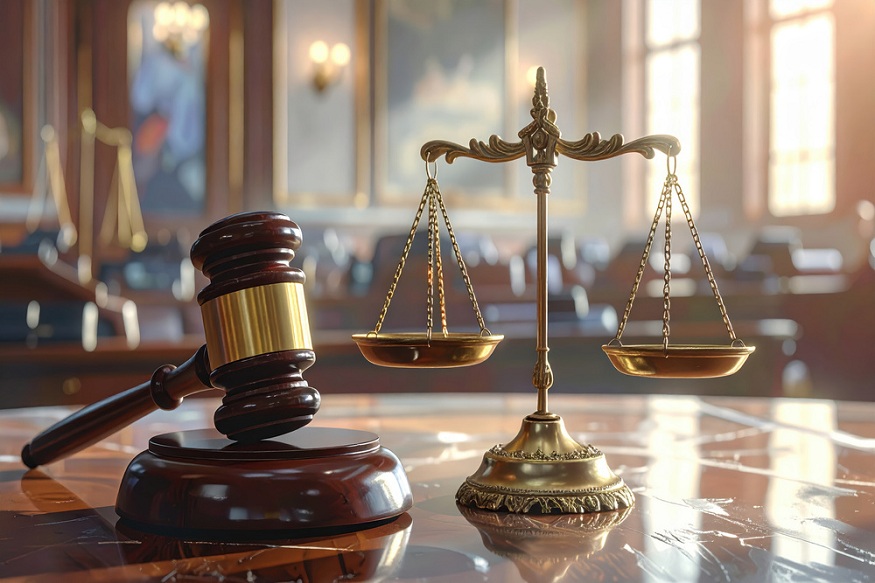The first meeting with a lawyer can be a source of stress and anxiety. However, it is essential to prepare well for this meeting, which lays the foundations for a relationship of trust with your lawyer. What documents to bring? What to say ? What information to give? Je Trouve MonAvocat accompanies you in the preparation of this meeting for a first consultation in all serenity.
What documents to bring?
Your lawyer will need all the documents relating to your case and to justify the legitimacy of your requests. In addition to your oral explanations, these documents will enable him to assess and analyze your legal situation and to advise you effectively.
Before the appointment, it is therefore important to prepare a copy of these documents:
for a labor law issue : pay slips, employment contract, collective agreement, letters, time sheets, etc.;
in terms of family law : copy of the family record book, marriage contract, proof of income, tax notice, etc.;
for a real estate law matter: title of acquisition, lease, cadastral plan, easement agreement, etc.;
other areas: commercial lease, commercial contracts, decision to contest, proof of medical expenses, etc.
What questions to ask your lawyer?
You don’t want to forget anything important? Wondering what kind of questions you can ask your lawyer? Here are the important points to discuss with him:
Regarding the case itself, everything will depend on your legal issues. First, write down all the questions that come to mind. If they are there, you need an answer. All questions are valid, allow yourself to ask your lawyer whatever you think is necessary.
How is the meeting going?
Before detailing the course of the first appointment, let’s first see how to prepare for it.
Before the interview, prepare as complete a file as possible, including:
the necessary documents (examples listed above), if possible classified in chronological order or by importance;
names and contact details of the persons concerned (witnesses, opponents, etc.);
all the information you deem useful as well as all your questions;
This first appointment usually lasts less than an hour .
First, you explain your problem to the lawyer, with maximum clarity and precision, while remaining concise. Hence the importance of prior preparation! Remember to give him all the information, even those that seem unimportant, irrelevant or embarrassing to you. As the lawyer is subject to professional secrecy, you can contact him in complete confidence.
For his part, the lawyer asks you additional questions and gives you an initial feedback on your problem . It also explains certain legal concepts related to your case: for example the deadlines applicable to a trial period or dismissal, the conditions of validity of a commercial lease, etc. Finally, it tells you how to assert your rights. It is important to fully understand all this information, do not hesitate to ask him for additional explanations to dispel the slightest doubt!
What information should the lawyer give you?
The lawyer must inform you of the terms of invoicing. It also presents the different stages of the procedure as well as the rules of ethics to which it is subject.
Whether it is a lump sum or an hourly rate, the lawyer’s fees are always indicated excluding taxes (excluding VAT at the rate of 20%).
Once this information has been given, it is essential to sign a fee agreement , indicating in particular the method of invoicing chosen:
an hourly rate. The lawyer then bills you according to the time spent on your file (including telephone conversations and exchanges of letters or emails);
a percentage remuneration on the result. It must be accompanied by a fixed amount. Remuneration only in percentage is prohibited in France ;
Finally, in order to be able to start working on your case, your lawyer will ask you for a deposit on his fees. The request for provision is an ethical obligation of the lawyer.
Ask to be billed on a regular basis (and not only during the result) and fix the billing periods with your lawyer .
During this first consultation, the lawyer details the progress of the procedure : the next steps, the important dates, the deadlines, the means of appeal, etc.
Ask your lawyer to keep you informed regularly and to commit to obtaining your approval for any new action that may result in additional expenses.
Transparency and ethics
Your lawyer will tell you the ethical rules to which he is subject as a member of the bar: professional secrecy, loyalty, independence, competence, honor, dignity, delicacy and probity.
He is also committed to the greatest transparency in the performance of his duties, in particular with regard to fees and the management of files.




